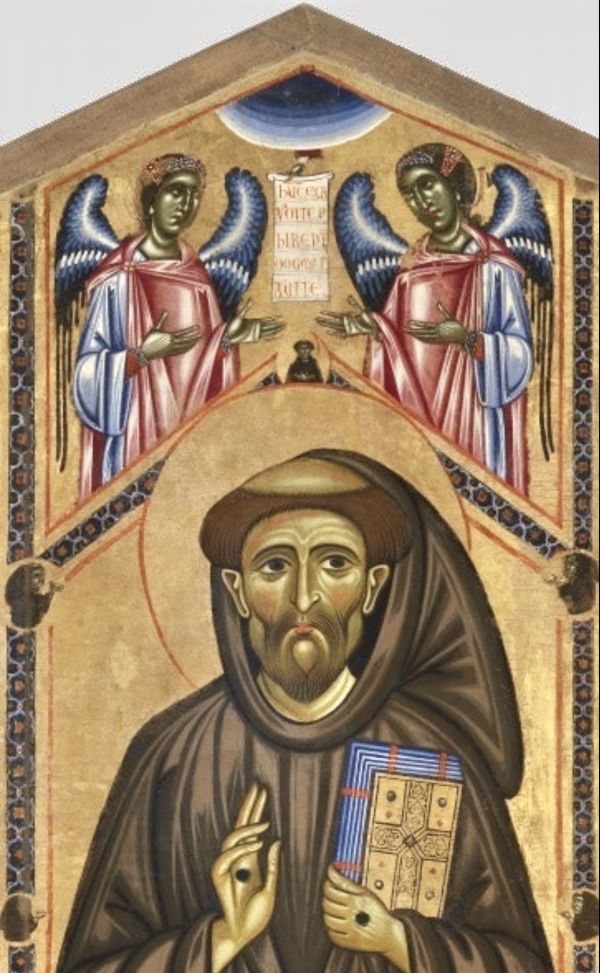Welcoming and not transferring assessments
(Mt 4:12-17.23-25)
The Kingdom is near if thanks to our involvement God comes to earth and happiness knocks on the door, converting us to something profoundly new: choices of light in place of rulings, possession, exercise of power, display of glory.
The Gospel of Mt was written to support the communities of Galilee and Syria, composed of converted Jews, who suffered accusations of betraying the promises of the Covenant and welcoming the pagans.
The purpose of the text is to bring out the figure of Jesus the Messiah [no longer the son of David] who brings salvation deployed beyond perimeters: not only to the chosen people and to observants of its normative clichés.
He doesn’t exclude anyone, and everyone must feel adequate.
Already in the initial genealogy, Mt foretells the universal ecclesiology of new Rabbi as a source of broad blessing, even outside of Israel and the observances.
Non-ambitious reality, an alternative to the Empire or to life of narrow cultures - reality not set up or uprighted by us.
The sad situation of ancient times (vv.14-16) is behind.
Even in the Discourse of «the Mount» - to which Mt 4 prepares us - the Evangelist underlines the specific vocation of Christian fraternities.
Their special trait: to turn to all the earth, even the enemies. Without presumption, without any foreclosure.
In Christ, there is no more imperfection, mistake or unfirm condition that can keep us distant.
Each is indispensable and precious. Everyone is legitimized. No one should atone.
In this way, the Call not to feel marginalized, the Vocation not to neglect themselves and not to neglect brothers, is reiterated throughout the book.
The authentic and divine Herald doesn’t raise the tone nor the rhythm, doesn’t break the cracked cane (Mt 12,2-3), crosses the frontiers of purity and race.
Such the basis for the good formation of the intimates. Then Christ send the disciples to all peoples - in the style of opening without hesitation, and not being picky.
The realized idea of what we would call today the «culture of encounter» was already born in comparison with the internal reality of the Baptist’ school.
Zechariah’s son was claiming to be able ‘to prepare’ well for the Coming of the Kingdom. Conversely, it remains unpredictable - not immediately full of judgments.
Instead, if the Kingdom with unexpected facets is here, there is only to live it fully and with astonishment.
An incentive to all-round humanization - based on the exchange of gifts, the creative freedom of love, and a spirit of wide understanding.
It’s a new Voice: which reassembles the inner energy of persons, and unfolds its superior Guide.
Radical appeal that in every woman and man directs and even performs the disturbances - a world that belongs to us, only seemingly inferior.
And it goes beyond the absolute pious of exclusive plans or mortifications.
A reality that doesn’t transfer evaluations beyond the person - but knows how to wait and doesn’t dictate procedures, measures, cadences of others; electives.
No close-ups, not even religiously "correct".
[Weekday Liturgy of January 7]












